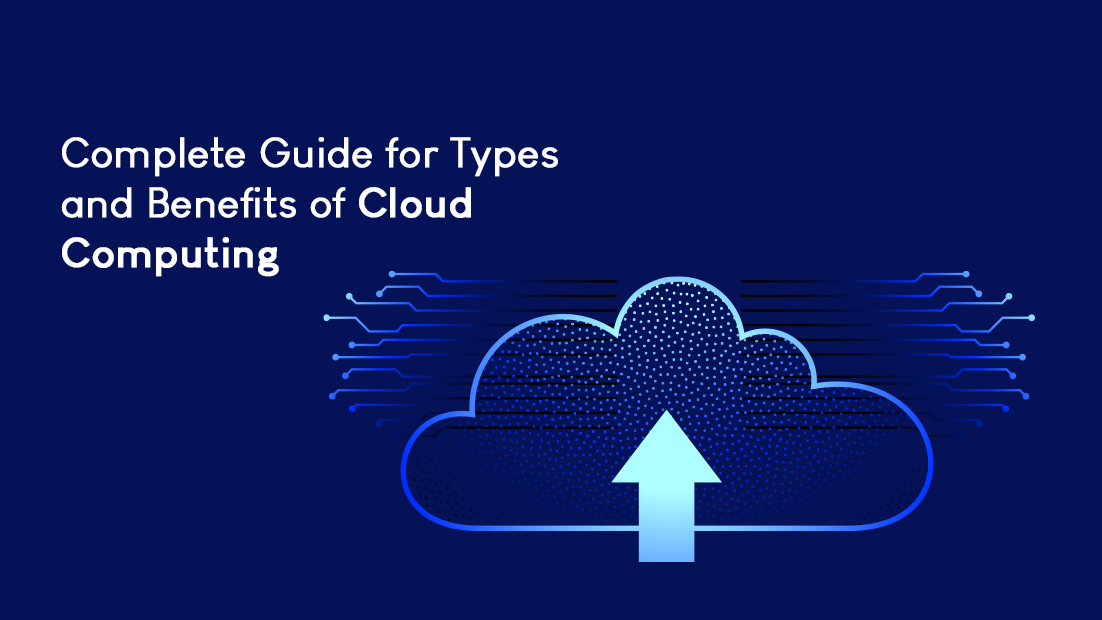What is Cloud Computing?
Cloud computing is a model for delivering computing services—including servers, storage, databases, networking, software, analytics, and intelligence—over the internet (“the cloud”) to offer faster innovation, flexible resources, and economies of scale. You typically pay only for the computing resources you use, rather than having to invest in and maintain expensive infrastructure.
What are the Types of Cloud Computing?
There are several different types of cloud computing services, including:
Infrastructure as a Service (IaaS): This type of cloud computing provides virtualized computing resources over the internet, such as virtual machines (VMs), storage, and networking. Examples include Amazon Web Services (AWS), Microsoft Azure, and Google Cloud Platform (GCP).
Platform as a Service (PaaS): This type of cloud computing provides a platform for building, testing, and deploying software applications over the internet. Examples include AWS Elastic Beanstalk, Azure App Services, and Google App Engine.
Software as a Service (SaaS): This type of cloud computing provides access to software applications over the internet, such as email, customer relationship management (CRM), and enterprise resource planning (ERP). Examples include Gmail, Salesforce, and Microsoft Office 365.
In addition to these types, there are other forms like DBaaS, Analytics as a Service, Function as a service and many more.
What are the Benefits of Cloud Computing?
Cloud computing can provide many benefits, including cost savings, increased scalability and flexibility, and improved collaboration. It also allows for improved disaster recovery, as data and applications can be easily replicated across multiple locations. Here are the list of benefits of cloud computing with an explanation:
Cost savings: Cloud computing can significantly reduce the costs associated with owning and maintaining physical infrastructure, as well as the costs of software licenses. You can also avoid the costs of power, cooling, and real estate that would be associated with on-premises infrastructure.
Scalability and flexibility: Cloud computing allows you to easily scale your computing resources up or down as needed, without having to make significant investments in new hardware. This allows you to respond quickly to changes in demand, and to better manage costs.
Improved collaboration: Cloud-based software and services can make it easier for teams to collaborate, share files, and work on projects together. This can be especially beneficial for remote teams.
Increased availability and disaster recovery: With cloud computing, you can replicate data and applications across multiple locations, making it easier to ensure availability in the event of a disaster.
Improved security: Many cloud providers offer advanced security features, such as encryption and multi-factor authentication, which can help protect your data and applications.
Automated Software updates: With cloud computing, the provider takes care of software updates, security patches and maintenance, allowing you to focus on using the service rather than maintaining it
Global Access: Cloud computing services can be accessed from anywhere around the world with an internet connection, making it easy for remote working and global teams to collaborate effectively.
Elasticity and on-demand resources: Cloud computing resources are elastic, which means you can quickly and easily scale resources up or down based on demand.
Increased Efficiency: Cloud computing increases operational efficiency, automating many tasks, and reducing the need for human intervention.
Reduced carbon footprint: By not maintaining the servers and other equipment as well as by using data centers with high energy efficiency, cloud computing can significantly lower the carbon footprint.
These are just some of the benefits of cloud computing, depending on your specific use case, you may find other benefits as well.
Final Words
Overall, Cloud computing is the delivery of computing services—including servers, storage, databases, networking, software, analytics, and intelligence—over the Internet (“the cloud”) to offer faster innovation, flexible resources, and economies of scale.
If you are looking for cloud computing service for your business. Visit Sysvoot today and we shall help you with this. We hope you find this article useful!
We are offering “Guest Posting Service” on this website click here to “Write for Us“


